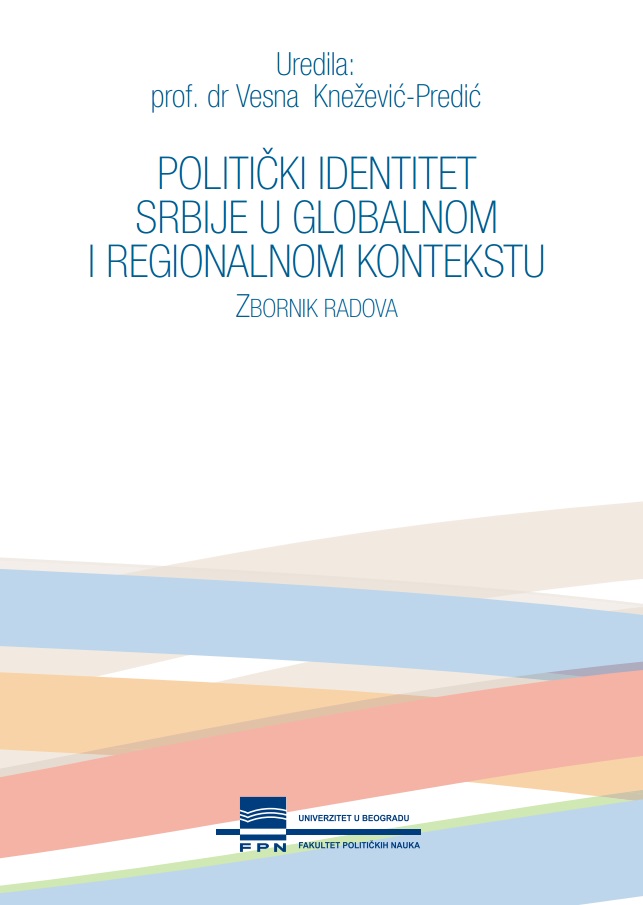Tehnološke i demokratske inovacije - komplementarni ili suprotni procesi
Technological and Democratic Innovations - Complementary or Opposite Processes
Author(s): Ivana Damnjanović
Subject(s): Political behavior, Politics and society
Published by: Fakultet političkih nauka Univerziteta u Beogradu
Summary/Abstract: Research of innovation was famously introduced into economic theory by Schumpeter, at the beginning of 20th century. In his view, innovation was the main driving force of economic growth. Today, the research of innovation and its various aspects is the subject of many disciplines – economic theory, management, science, technology and society studies – and the focus is mostly on techn ological and rarely on organizational innovations. Recently, the research of innovation took hold in political science as well, through the concept of democratic innovation – „institutions that have been specifically designed to increase and deepen citizen participation in the political decision-making process“. Too often, researchers in the field of social science, including political science, begin from the explicit or implicit assumption of technological determinism – a notion that technological change decisively influences social change. More optimistic authors have frequently (and mostly unjustly) glorified every new technology as a bearer of new, democratizing changes. The idea of mutual formation of technological and social processes, including innovations, would, it seems, provide a more appropriate theoretical framework for research of the relationship between technological innovations and democratic processes. This paper aims to, starting from these assumptions, explore the relationship between technological and democratic innovation, and determine whether technological innovations in the modern world contribute to finding new methods and channels for citizen’s participation, thus improving the quality of democracy, or they lead to new forms of exclusion and inequality, decreasing in that way the democratic potential of societies.
Book: Politički identitet Srbije u globalnom i regionalnom kontekstu
- Page Range: 99-110
- Page Count: 12
- Publication Year: 2015
- Language: Serbian
- Content File-PDF

